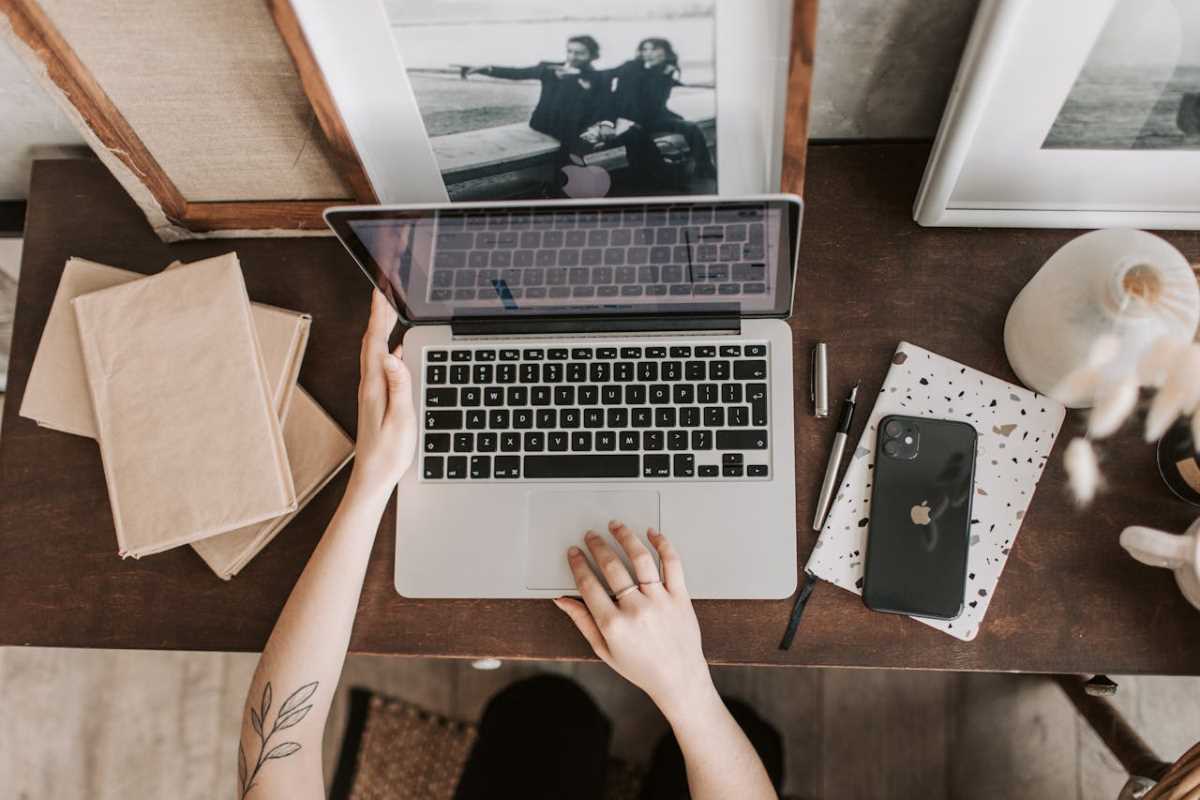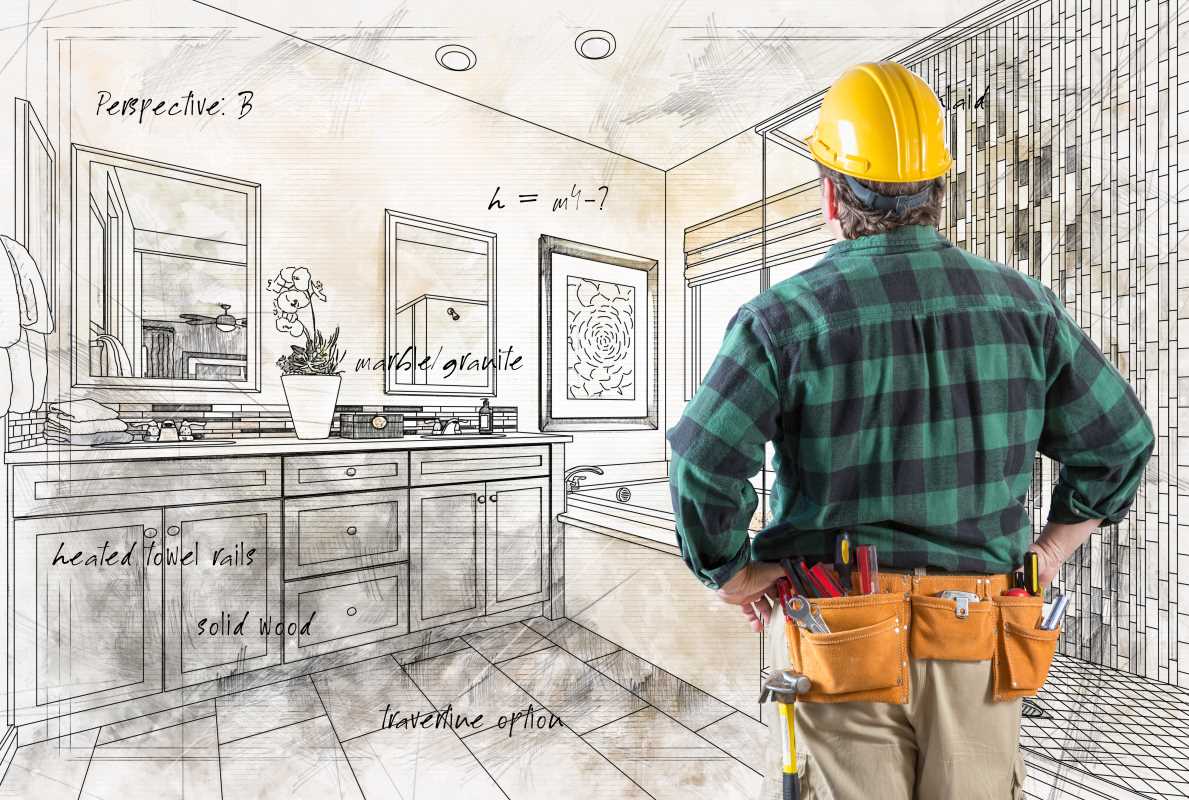Working from home offers a lot of flexibility, like swapping your morning commute for an extra cup of coffee. But it also comes with its own set of challenges, from household distractions to the temptation of a midday nap. Finding a rhythm that keeps you productive without feeling overworked is key. It's all about creating a system that works for you.
This guide is here to offer practical tips for making your home a productive workspace. We'll cover everything from setting up your desk to protecting your personal time. These straightforward strategies can help you stay focused, manage your tasks effectively, and enjoy the benefits of remote work.
Create Your Productive Workspace
The first step to a productive workday is having a space that signals to your brain it's time to work. You don't need a corner office, just a corner that's yours.
- Designate a Work Zone: Find a specific spot in your home that is only for work. It could be a separate room, a desk in the corner of your living room, or even a specific chair at the dining table. When you're in that spot, you're at work. When you leave it, you're off the clock. This physical boundary helps create a mental one.
- Invest in a Good Chair: You'll be spending a lot of time sitting, so make sure your chair is comfortable and supports your back. It's a practical investment in your health and focus. Your back will thank you for it later.
- Keep It Tidy: A cluttered desk can lead to a cluttered mind. At the end of each day, take a few minutes to clear your workspace. Put away papers, organize your pens, and wipe down the surface. Starting your morning with a clean slate makes it easier to dive right into your tasks.
Set a Schedule and Stick to It
The freedom of working from home can quickly turn into a blur of never-ending work if you don't set a clear schedule. A routine provides structure and helps you stay on track.
- Define Your Work Hours: Decide on a start and end time for your workday and try to stick to it. This helps you avoid the trap of working late into the evening. It also lets your colleagues know when they can expect you to be available.
- Start Your Day with a Routine: Don't just roll out of bed and open your laptop. Create a morning routine that helps you transition into work mode. This could be as simple as making a coffee, getting dressed, or going for a short walk. It signals the start of your professional day.
- Plan Your Tasks: Before you start working, take 10 minutes to review your to-do list and prioritize your tasks for the day. Knowing what you need to accomplish helps you stay focused and gives you a sense of direction.
Minimize Distractions
Your home is full of distractions you won't find in an office. From laundry piles to barking dogs, it takes effort to stay focused.
- Communicate with Your Family: If you live with others, let them know your work schedule. Explain that when you're in your workspace, you need to concentrate. A closed door can be a powerful signal that you shouldn't be disturbed.
- Silence Your Phone: Your personal phone is a major source of distraction. Put it on silent and out of sight while you're working. Set specific times to check it, like during your lunch break, rather than letting it interrupt you throughout the day.
- Manage Digital Noise: It’s not just your phone. Social media, personal emails, and news alerts can pull your attention away from work. Use website blockers if you need to, and close any tabs that aren't related to your current task.
Maintain a Healthy Work-Life Balance
One of the biggest challenges of remote work is knowing when to stop. Without the natural end-of-day signal of leaving the office, work can easily spill into your personal time.
- Take Real Breaks: It’s tempting to eat lunch at your desk, but taking a proper break is crucial for staying productive. Step away from your computer completely. Eat your lunch in another room, go for a walk, or do a few stretches. These breaks help you recharge and come back to your work with fresh eyes.
- Set Clear Boundaries: When your workday is over, be done. Shut down your computer and resist the urge to check your email "just one more time." Your personal time is valuable, and protecting it is essential for preventing burnout.
- Schedule Time for Yourself: Make sure you're scheduling activities that have nothing to do with work. Whether it's a hobby, exercise, or spending time with family, these activities help you disconnect and maintain your well-being.
Working from home successfully is a personal journey. The tips that work for one person might not work for another. Be patient with yourself and don't be afraid to experiment. Try different schedules, workspace setups, and focus techniques until you find a rhythm that feels both productive and sustainable.
 (Image via
(Image via





